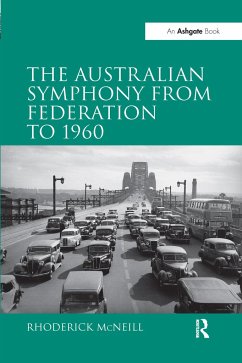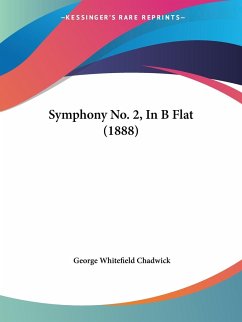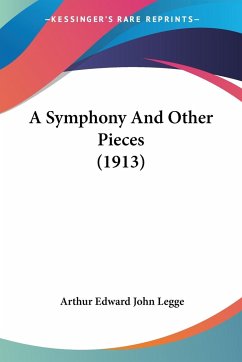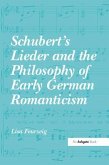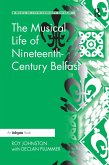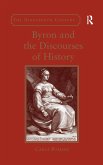The symphony retained its primacy as the most prestigious large-scale orchestral form throughout the first half of the twentieth century, particularly in Britain, Russia and the United States. Likewise, Australian composers produced a steady stream of symphonies throughout the period from Federation (1901) through to the end of the 1950s. Stylistically, these works ranged from essays in late nineteenth-century romanticism, twentieth-century nationalism, neo-classicism and near-atonality. Australian symphonies were most prolific during the 1950s, with 36 local entries in the 1951 Commonwealth Jubilee Symphony competition. This extensive repertoire was overshadowed by the emergence of a new generation of composers and critics during the 1960s who tended to regard older Australian music as old-fashioned and derivative. The Australian Symphony from Federation to 1960 is the first study of this neglected genre and has four aims: firstly, to show the development of symphonic composition in Australia from Federation to 1960; secondly, to highlight the achievement of the main composers who wrote symphonies; thirdly, to advocate the restoration and revival of this repertory; and, lastly, to take a step towards a recasting of the narrative of Australian concert music from Federation to the present. In particular, symphonies by Marshall-Hall, Hart, Bainton, Hughes, Le Gallienne and Morgan emerge as works of particular note.
Hinweis: Dieser Artikel kann nur an eine deutsche Lieferadresse ausgeliefert werden.
Hinweis: Dieser Artikel kann nur an eine deutsche Lieferadresse ausgeliefert werden.

